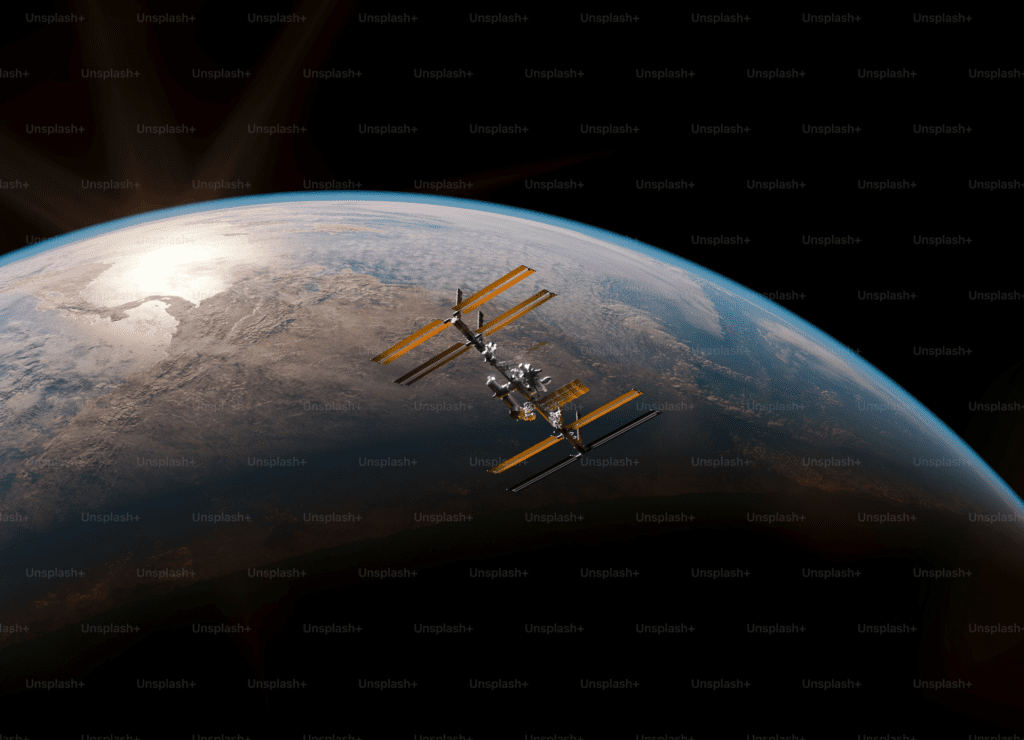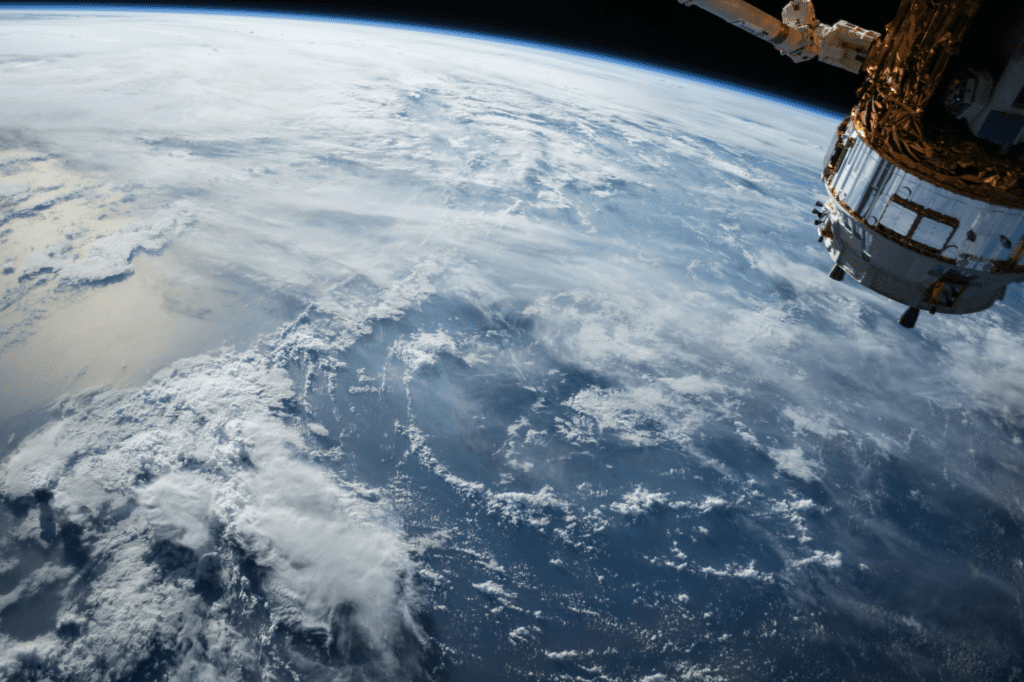Japan has successfully launched a new satellite as part of its own positioning system, similar to GPS. The H3 rocket carried the Michibiki satellite into space from the Tanegashima Space Center. This marks the fourth successful launch of the improved H3 rocket. Japan currently operates four Michibiki satellites but plans to increase the number to seven, ensuring independent navigation and disaster alert capabilities without relying on foreign systems.
Japan Expands Its Own Satellite Positioning System
Japan has taken another big step in improving its satellite navigation system. On Sunday, a powerful H3 rocket carried a new Michibiki satellite into space. The launch happened at 5:30 p.m. from the Tanegashima Space Center in Kagoshima Prefecture, which is in the southwestern part of Japan.
This successful launch means Japan is getting closer to having a fully independent positioning system, which will work like the Global Positioning System (GPS) used worldwide.

A Successful Mission
About 30 minutes after liftoff, the Michibiki satellite separated from the rocket and moved into its planned orbit. This marks another success for the H3 rocket, which has now had four consecutive successful launches. However, things were not always smooth. The first launch attempt of the H3 in 2023 ended in failure. After that, engineers made several improvements, and the latest launches have shown that the rocket is now much more reliable.
The successful deployment of this new satellite means Japan is strengthening its technology in space and moving towards a more advanced navigation system.
Japan’s Own Version of GPS
Many people are familiar with GPS, which is widely used in smartphones, car navigation systems, and even for tracking deliveries. The United States operates GPS, and most countries, including Japan, rely on it for accurate location services. However, Japan has been working on its own version of a positioning system, called the Michibiki system, to reduce dependence on foreign satellites.
Right now, Japan has four Michibiki satellites orbiting the Earth. These satellites send positioning signals that help with navigation, just like GPS does. But the Japanese system has an extra advantage—it is specially designed to work better in Japan’s urban areas and mountainous regions, where GPS signals sometimes become weak or inaccurate.
How Does the Michibiki System Help Japan?
The Michibiki satellites do more than just help people find directions. They also have important roles in disaster management and emergency alerts.
Earthquake Warnings: Japan experiences many earthquakes, and quick warnings can save lives. The Michibiki satellites help send alerts even to places where regular communication networks are not available.
Rescue Operations: During disasters like tsunamis or typhoons, mobile networks can stop working. The satellites can continue to send emergency messages, helping rescuers reach affected areas faster.
More Accurate Navigation: The Michibiki system improves navigation, especially in cities with tall buildings and rural areas with mountains, where GPS signals sometimes struggle.
This makes the system highly useful for Japan, where natural disasters and difficult terrain are common.

Japan Plans to Expand the System
Right now, Japan has four Michibiki satellites in space. However, the government has bigger plans. It wants to increase the number to seven satellites in the near future. Once all seven satellites are in orbit, Japan will be able to provide full positioning services without relying on foreign satellites.
This is important because many countries are now trying to develop their own navigation systems instead of depending on GPS. For example, China has its BeiDou system, Russia has GLONASS, and the European Union has Galileo. By expanding its Michibiki network, Japan will join the group of nations that have their own independent positioning systems.
Why Is Japan Reducing Dependence on GPS?
Japan has been using the U.S. GPS system for many years, but relying too much on foreign technology can be risky. If, for any reason, Japan loses access to GPS, it could cause major problems for transportation, communication, and security.
The launch of the latest Michibiki satellite is also a major success for Japan’s space program. Developing advanced rockets like the H3 and launching satellites successfully show that Japan is becoming a stronger player in the global space industry.
Japan’s successful launch of the Michibiki satellite marks another milestone in its journey toward an independent satellite positioning system. The H3 rocket’s success shows improvements in Japan’s space technology. By expanding its Michibiki network from four to seven satellites, Japan aims to reduce its reliance on GPS and offer better navigation and emergency services.

